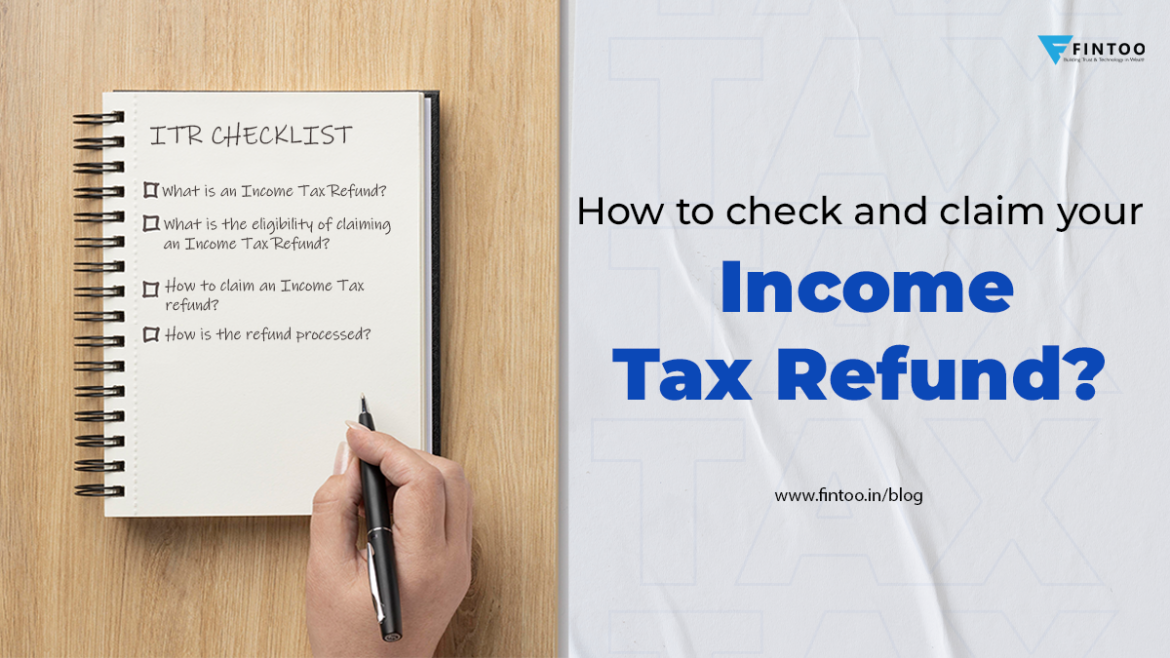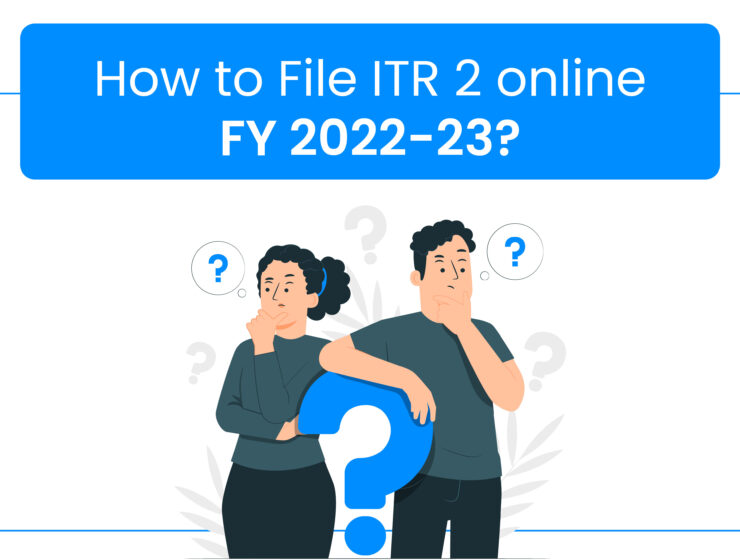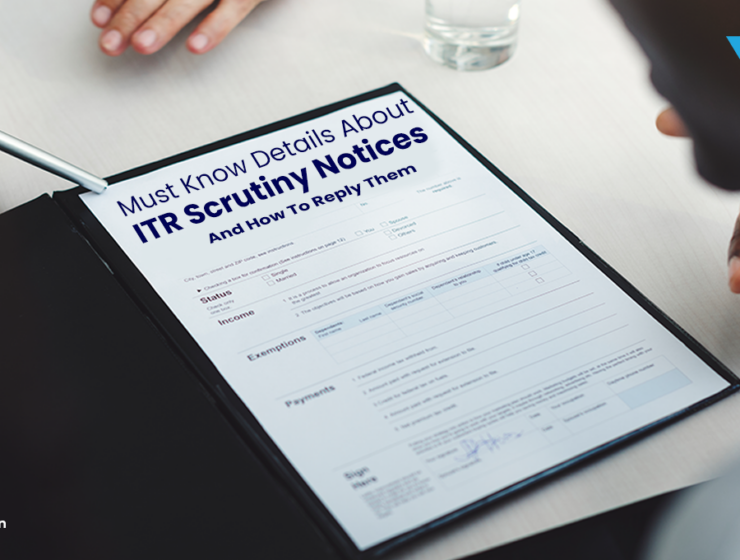

As per Section 237 of the Income Tax Act, of 1961, taxpayers can claim a refund on their ITR for any extra tax paid.
However, many people are unaware of their eligibility to claim a refund. So, let’s find out what exactly is an ITR refund, how to check if you can claim it, and how to claim it.
Table of Contents
ToggleWhat is an Income Tax Refund?
Have you ever encountered a situation where you’ve paid more income tax than what you owed to the government?
This could occur due to a calculation error when there are excessive tax deductions or if you’ve made excess payment of advance tax. If so, you may be eligible for an income tax refund.
It is when the government returns the extra money you have paid in the form of taxes. It is important to understand that claiming an income tax refund is not just an option but also your right.
Now, let’s talk about eligibility.
Also Read: What Are The Types Of Income Tax Notices?
What is the eligibility of claiming an Income Tax Refund?
To be eligible for claiming an income tax refund, you must meet at least one of the following criteria during a specific financial year:
- If the total amount of advance tax that you have paid exceeds your actual tax liability.
- If you have paid taxes on your income to a foreign country with which India has a Double Taxation Avoidance Agreement (DTAA).
- If the Tax Deducted at Source (TDS) from your salary or other sources exceeds the amount of taxes you owe.
- If your actual tax liability decreases after the resolution of an error in the assessment process.
- If you have not declared investments made in tax-saving instruments that could potentially reduce your tax liability.
Also Read: All you need to know about Tax saving under section 80C
How to claim an Income Tax refund?
To claim an income tax refund, it is necessary to file your ITR and provide complete information regarding your income and taxes paid to the Income Tax Department.
Once you have submitted your Income Tax Return, the income tax officer will review and process the tax calculations provided in the form. If the balance of advance tax payment mentioned in Form 26AS exceeds your tax liability as stated in the filed ITR, the officer may approve and issue a refund.
Moreover, you can also file Form 30, which is a process to request the income tax department to look into your ITR and initiate a refund. This needs to be submitted before the end of the financial year.
Also Read: How to Save Income Tax? Tax Saving Guide
Things to keep in mind while claiming a refund
Firstly, to claim an Income Tax Refund, it is important for individuals to file their Income Tax Returns (ITR) accurately before the due date, i.e., 31st July 2023. The verification of your ITR is necessary as it helps the tax department to decide your eligibility. Also, keep the following points in mind
- Verify the total advance tax payments mentioned in Form 26AS while filing your return.
- Provide your correct bank account details.
- Remember to verify the returns that you have filed.
- Once the Income Tax Officer will verify your returns, the officer will approve the refund as per the details in Form 26AS.
- Regularly check the status of your IT refund on the e-filing dashboard.
How to check the status of your refund?
- Visit the official ITR e-filing website.
- On the home page, you will find a section of quick links.
- Navigate to the “Know your refund status” option and click on it.
- Enter your PAN number, the relevant assessment year, and your mobile number.
- Now, you can check the status of your ITR refund.
How is the refund processed?
Currently, the Centralised Processing Centre (CPC) in Bengaluru is responsible for processing the refunds. After completion of the assessment, your refund will automatically be credited to your bank account. Therefore, it is important to enter your correct bank account details to avoid any problems.
Also Read: Tax Planning For Salaried Youngsters
Conclusion
The ITR refund process is very simple and knowing how to check and claim your income tax refund is important for effectively managing your finances. So, understand your tax obligations and avoid overpayment.
Disclaimer: The views expressed in the blog are purely based on our research and personal opinion. Although we do not condone misinformation, we do not intend to be regarded as a source of advice or guarantee. Kindly consult an expert before making any decision based on the insights we have provided.
Related Posts
Stay up-to-date with the latest information.


